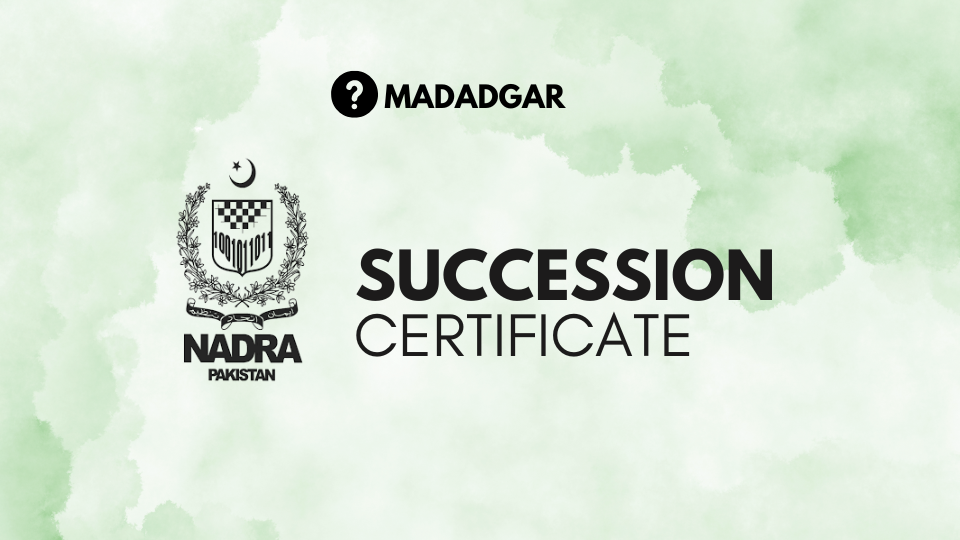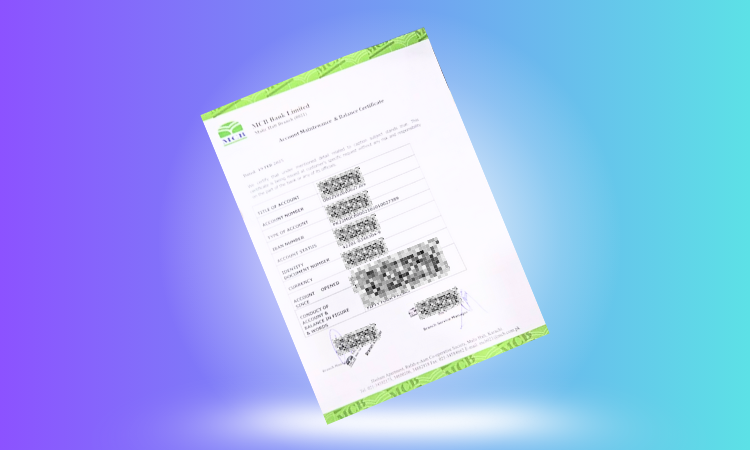
Essential Documents Required for a Smooth Succession Certificate Process in 2025
Essential Documents Required for a Smooth Succession Certificate Process in 2025
A Succession Certificate is a legal document issued by the court, granting authority to the legal heirs of a deceased person to manage and access their financial assets, including bank accounts, properties, and other movable assets. If you are planning to apply for a Succession Certificate in 2025, it is crucial to have all the required documents in place to ensure a smooth process. In this comprehensive guide, we will discuss the necessary documents, the application process, and other essential details to help you obtain a Succession Certificate without hassle.
What is a Succession Certificate?
A Succession Certificate is a legal authorization granted by the court to the rightful heirs of a deceased individual. It allows them to claim the deceased’s assets, including bank accounts, shares, bonds, and other financial assets. This document is essential in cases where the deceased did not leave behind a will.
The purpose of the Succession Certificate is to ensure that the rightful heirs receive the deceased’s assets legally and without any disputes. It also helps in preventing fraudulent claims over the property or assets of the deceased individual.
Documents Required for a Succession Certificate in 2025
To apply for a Succession Certificate, you must gather the following essential documents:
1. Applicant’s Valid CNIC
The Computerized National Identity Card (CNIC) of the applicant is required to verify their identity. The CNIC must be valid and issued by the concerned authority.
2. Legal Heirs’ CNIC Copies
Copies of the CNICs of all legal heirs must be submitted along with the application. These documents help establish the rightful claimants to the deceased person’s assets.
3. Family Registration Certificate (FRC)
The Family Registration Certificate (FRC) is an essential document that provides a record of the family members of the deceased. It is issued by the National Database and Registration Authority (NADRA) and helps confirm the legal heirs.
4. Letter of Authorization
A Letter of Authorization is required if one of the legal heirs is applying on behalf of others. This document ensures that all heirs consent to the application and authorizes the applicant to act on their behalf.
5. Death Certificate of the Deceased
The Death Certificate is a crucial document proving that the individual has passed away. This certificate must be issued by the relevant municipal authority or hospital where the death occurred. How to Get Death Certificate?
6. Cancellation Certificate
A Cancellation Certificate confirms that the deceased’s CNIC has been officially canceled by the issuing authority. This document is necessary to prevent any misuse of the deceased’s identity.
7. Asset Original Documents
Asset Original Documents are must to process Succession Certificate from Succession Facilitation Center.
8. Applicant Must Visit the Office
It is mandatory for the applicant to visit the concerned office in person to submit the application and complete the legal formalities. This step ensures that all documents are verified properly and reduces the chances of fraud.
Step-by-Step Process to Apply for a Succession Certificate
Step 1: Gather the Required Documents
Before applying, make sure you have all the necessary documents mentioned above. Missing any document can delay the process or lead to rejection.
Step 2: Apply For Succession Certificate
The applicant needs to apply for Succession Certificate in Succession Facilitation Unit. The application must include details of the deceased, legal heirs, and assets.
Step 3: 14 day Newspaper Publishing Time.
Once the application is submitted, Nadra requires a public notice to be published in a local newspaper. This step allows any potential claimants to object to the issuance of the certificate.
Step 4: Recieve the Succession Certificate
After the given time by the officer of NADRA you may collect it by self or write an authority letter for the person you want to collect it on your behalf.
Importance of a Succession Certificate
A Succession Certificate serves several critical purposes, including:
- Legal authority to manage and access the deceased’s assets.
- Protection against fraudulent claims.
- Smooth transfer of financial assets to the legal heirs.
- Avoidance of legal disputes among family members.
Without a Succession Certificate, accessing the deceased’s bank accounts, properties, or other financial assets can become a complicated and lengthy legal battle.
Tips for a Smooth Application Process
- Double-check all documents before submitting the application.
- Original Documents is a must.
- Ensure all heirs agree to the application to avoid conflicts.
Conclusion
Applying for a Succession Certificate in 2025 requires careful preparation and the submission of essential documents, including the Applicant’s CNIC, Legal Heirs’ CNIC copies, FRC, Death Certificate, Cancellation Certificate, Asset Documents, and more. Following the correct procedure and ensuring all required documents are in place can help make the process hassle-free.
If you need a Succession Certificate, start by gathering the necessary paperwork and filing your application in court. By following the steps outlined in this guide, you can obtain your Succession Certificate efficiently and without unnecessary delays.










Comments
2
[…] Procedures – It is required for legal matters such as Succession Certificate, property transfer, will execution, and family […]
[…] and Inheritance Purposes – Many legal processes, such as transferring property or claiming inheritance, require the deceased’s NIC to be officially […]